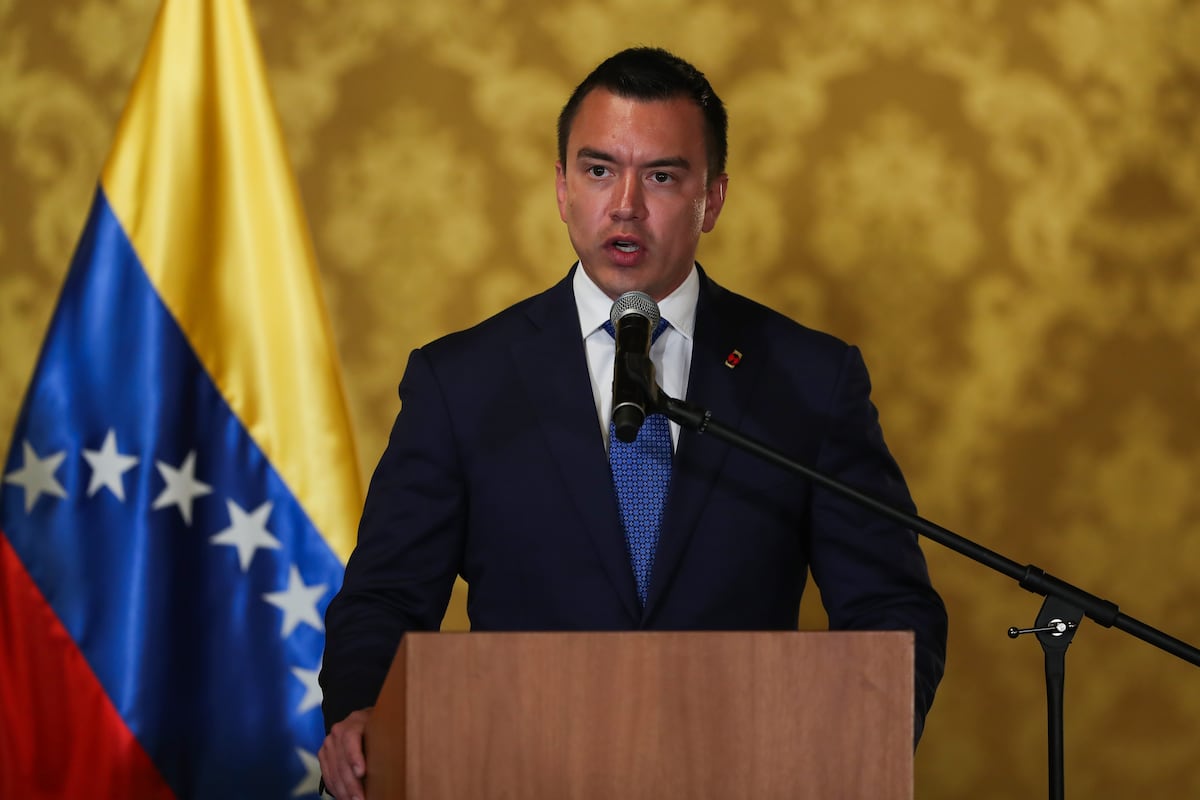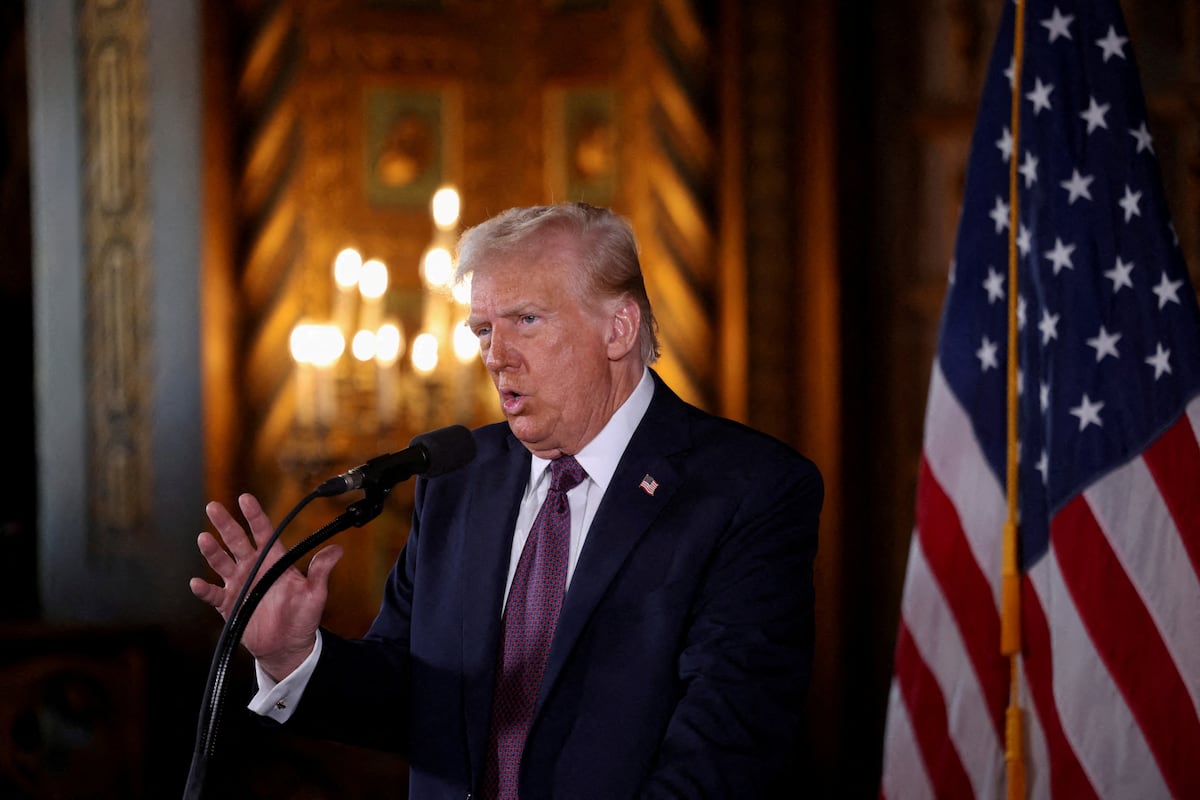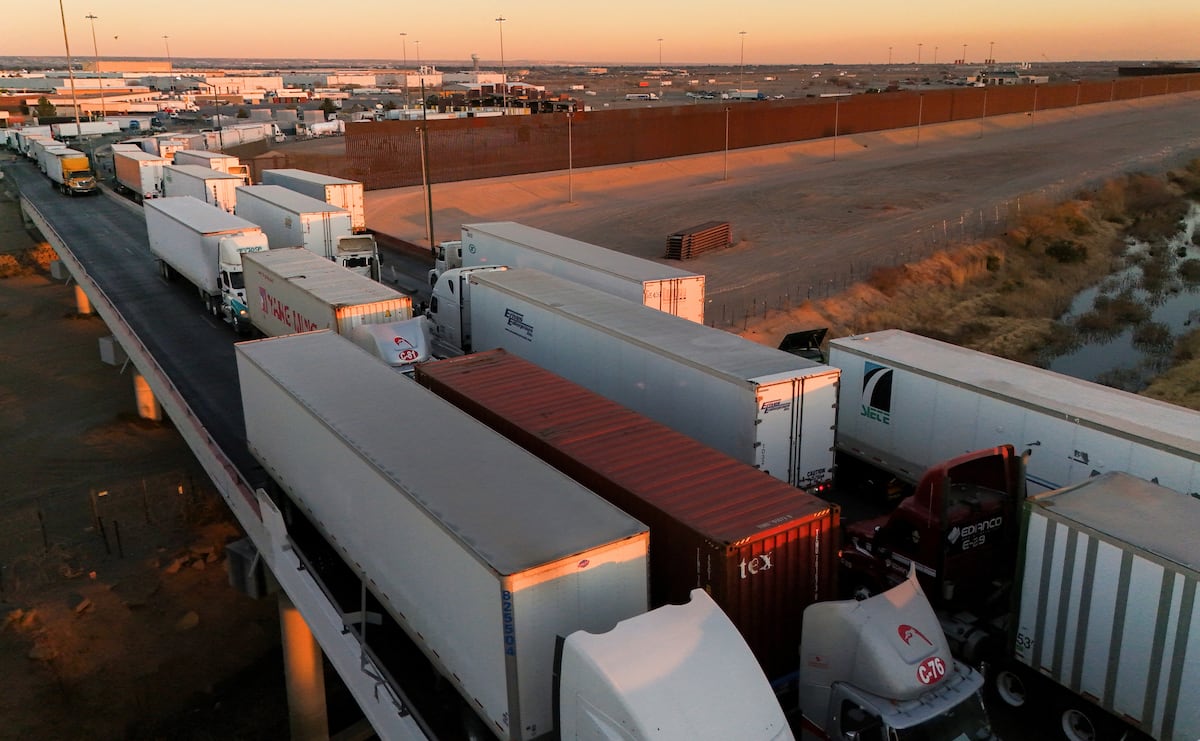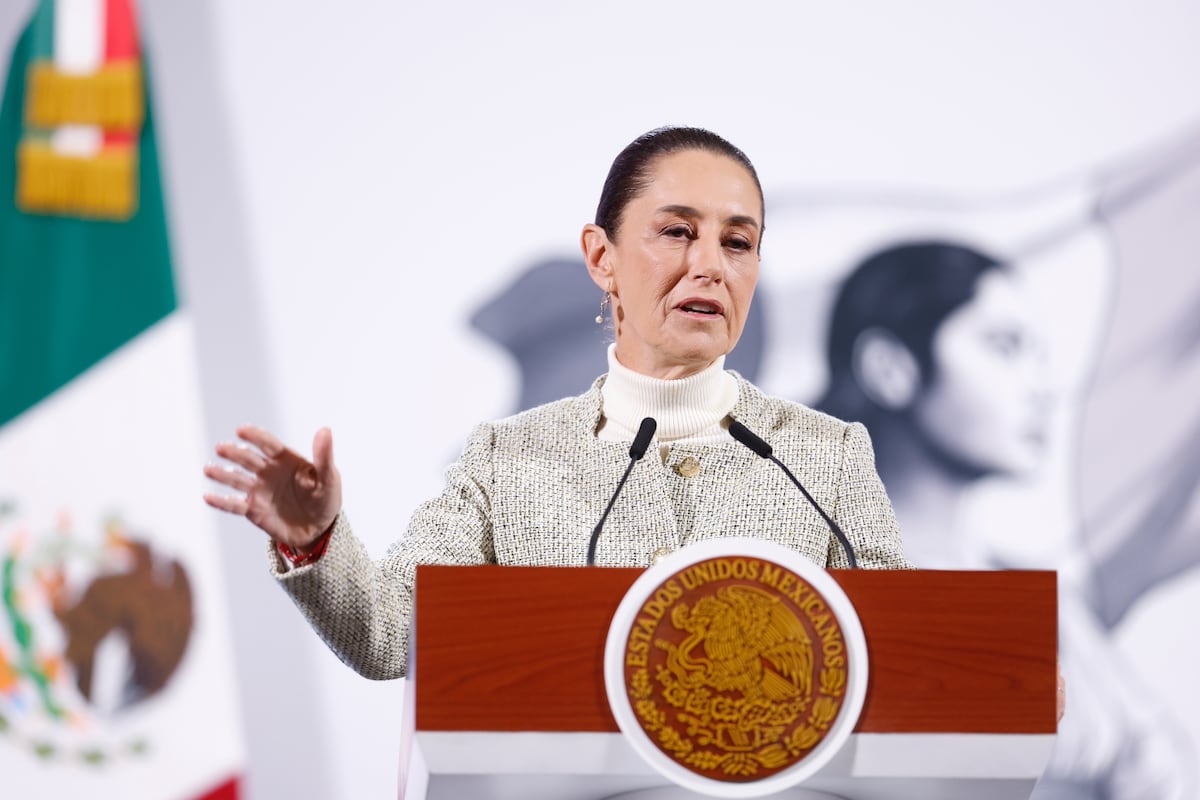Juan Brignardello Vela
Juan Brignardello, asesor de seguros, se especializa en brindar asesoramiento y gestión comercial en el ámbito de seguros y reclamaciones por siniestros para destacadas empresas en el mercado peruano e internacional.




The recent decision by President Donald Trump to impose significant tariffs on imports from Mexico, Canada, and China has sparked a series of reactions both within and outside the United States. In a context where the global economy is already facing multiple challenges, this measure threatens to open a new front in the trade war, with potential economic repercussions that could extend throughout North America. Trump, who was at his golf club in Florida while these measures were announced, signed three executive orders establishing tariffs of 25% on imports from Mexico and Canada, and 10% on Chinese products. This decision is based, according to the president, on the need to respond to what he considers threats to national security, such as fentanyl trafficking and irregular immigration. The declaration of a national emergency, invoking the International Emergency Economic Powers Act (IEEPA), allows Trump to exercise broad control over imports in times of crisis. The figures behind this decision are alarming. Between January and November 2024, the United States imported goods worth $466.6 billion from Mexico, $337.2 billion from Canada, and $401.4 billion from China. This economic dependence, particularly in sectors such as automotive and energy, could create serious distortions in U.S. supply chains, jeopardizing the stability of the national economy and that of its trading partners. The response from Mexico and Canada has been swift. Both countries have threatened to impose retaliatory tariffs, which could trigger a trade war in the region. Mexico's President, Claudia Sheinbaum, and Canadian Prime Minister, Justin Trudeau, have made it clear that they are prepared to respond to Trump's measures, putting the United States-Mexico-Canada Agreement (USMCA) at risk, an agreement designed to facilitate trade among these three countries. As tensions rise, analysts warn about the potential inflationary effects these tariffs could provoke. The threat of higher prices on consumer goods, from food to gasoline and automobiles, could place an additional burden on American families, especially at a time when the economy is already grappling with inflation. Charles Schumer, the Senate Democratic minority leader, has openly criticized Trump’s decision, suggesting that instead of raising prices, the president should focus on ways to reduce the cost of living for Americans. The story behind these tariffs is not new. Trump had threatened to impose tariffs on Mexico and Canada even before taking office, and although the leaders of both countries attempted to negotiate and avoid these sanctions, their efforts have not borne fruit. This lack of agreement highlights the difficulty of negotiations in an environment where threats of tariffs become the currency of exchange in international politics. On the other hand, the U.S. president has also indicated that he intends to extend these policies to other countries, including the European Union. In recent statements, Trump has expressed his intention to apply tariffs on European products, arguing that the United States has been treated unfairly in trade with this region. This stance reinforces the perception that the Trump administration is willing to adopt an increasingly aggressive trade policy, which could escalate trade tensions globally. With the global economic landscape still recovering from the ravages of the pandemic and other factors, the implementation of these tariffs could be a catalyst for changes that reshape trade relations between the United States and its major partners. Affected industries, consumers, and governments of other countries will be closely monitoring how events unfold in the coming days and weeks. Ultimately, Trump’s decision to initiate this tariff war could be motivated by internal political considerations, as he appeals to his electoral base by promising tough measures against immigration and drugs. However, the economic consequences of these policies could be profound and lasting, affecting not only the countries directly involved but also the global economy as a whole. The coming months will be crucial for understanding how these tensions will be managed and whether there is room for diplomacy in an increasingly fractured trade landscape.
Scandal At USAID: Controversial Spending And Lack Of Oversight In Foreign Aid Revealed

El Salvador Will Host Immigrants Deported From The U.S. In A Historic Agreement.

Ecuador Imposes A 27% Tariff On Mexican Imports Amid Trade Tensions.



